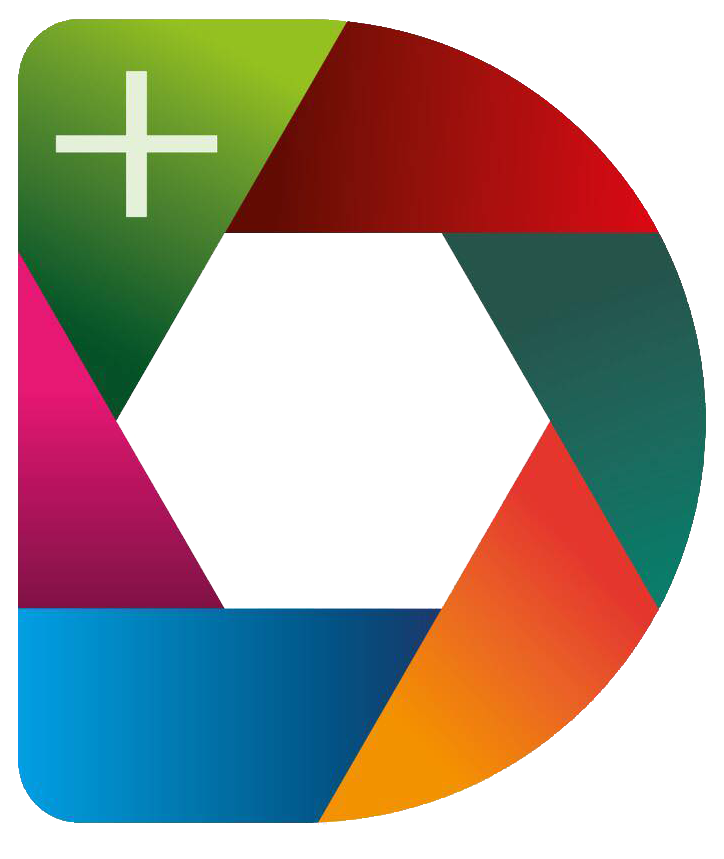“…I only knew pain. I only had pain. I sold my body and let others to have their way with me. I was not given love. The only love I had was filled with drugs, alcohol and sex…”
“…They call me savage and I say yes I am…”
“…We are no longer statistics. We’re a people. We are still hear…”
The room was dark but these words lighted the room with their reflection and revelation of the lives of indigenous youths in Edmonton, and yes, we’d capture it to share with you.
A warm Easter Monday evening brought together aspiring poets from the indigenous communities in Edmonton to share their art as part of Edmonton Poetry Festival 2019. It was April 27, 2019, at Alviary in Edmonton, where the Indigenous Poetry Society hosted poetry from indigenous poets that casts a critical eye on the issues facing indigenous communities, celebrated their connection to land, explored Indigenous identity, uprooted the source of community struggles, and drew hope from within.
“… events like this gives youth a chance to share their voice…it opens a broader perspective to know what can work in the direction that society is going. I focus (my poetry) on my own trauma, dealing with drugs abuse, racism…,” Albert Favel popularly known as Faves shared his thoughts with Diversity Magazine after reading his soul searching poetry. Faves is an Edmonton based indigenous artist who has been working on his craft for years through Hip-Hop and Poetry. He uses it as an outlet to speak passionately about the problems he faced growing up like homelessness, addiction, and oppression.
K’alii Luuyaltkw, a poet, an ecology student from the Nass Valley in BC, who was on the team representing Edmonton at the national spoken word competition, founder of the Edmonton Indigenous Poetry Society, and the organizer of the spoken word poetry event told Diversity Magazine at the end of the event that the event was designed to centered indigenous voices and empower people in the community that need support. She added that the event provided a space for people to grow, heal, and gain acceptance. K’alii advocated for all communities to come together, get to know one another, and help tackle the problems of racism, poverty, and addictions.






















